You’d Be Surprised What the Most Resilient Men in Coeur d'Alene Are Doing…
You think strength means silence? Let me show you what real strength looks like.
They run companies, build families, lead teams, coach little leagues. They lift heavy things—physically, emotionally, and metaphorically. They’re the guys everyone leans on.
But the toughest men I know? They do something unexpected every single week.
They sit on a couch.Take a breath.And walk straight into a therapy session.
Not because they’re weak—but because they’ve decided to stop running.
Strength Is Not the Absence of Struggle—It's the Willingness to Face It
For generations, we’ve been sold a story: that men should bottle up their pain. That emotion equals fragility. That if you just “man up,” the anxiety, the stress, the quiet sadness will magically go away.
It doesn’t.
As Dr. Gabor Maté says in The Myth of Normal:
“The attempt to escape from pain is what creates more pain.”
Men who bury their grief, trauma, or anger don’t become stronger—they just become more disconnected. From their partners. Their kids. Themselves.
But there’s another way.
The Therapy Chair as Training Ground
Each week, I watch high-performing men—CEOs, dads, coaches, veterans—do the work. Not the kind that shows up on a stat sheet or performance review. The kind that rewires the nervous system and reshapes their story.
They name feelings they’ve never said aloud.They speak about fathers who were absent, tempers they inherited, guilt they carry.They learn, as Dr. Maté teaches, that:
“The essence of trauma is disconnection from the self.”
And slowly, session by session, they come home to themselves.
That? That’s strength.
Real Strength Looks Like This
A man learning to soothe his anxiety without rage or withdrawal
A father breaking generational cycles by choosing compassion over control
A leader who listens deeply because he’s finally learned to hear himself
A father who chooses presence over performance
A leader who can model vulnerability without shame
A man who says, “I don’t have to do this alone anymore”
This isn’t weakness. This is the hardest, bravest, most life-changing work a man can do.
Emotional Resilience Isn’t Born. It’s Built.
So if you're reading this and wondering whether therapy is for you—Let me say this clearly:
It is.
Not because you’re broken.But because you're ready to stop carrying the weight alone.
Therapy isn’t a weakness. It’s a tool.A quiet rebellion against the belief that you have to suffer in silence.
The strongest version of you is waiting.
Book a session. Break the silence. Build a strength that actually lasts.
Tag a man who’s stronger than he thinks.
